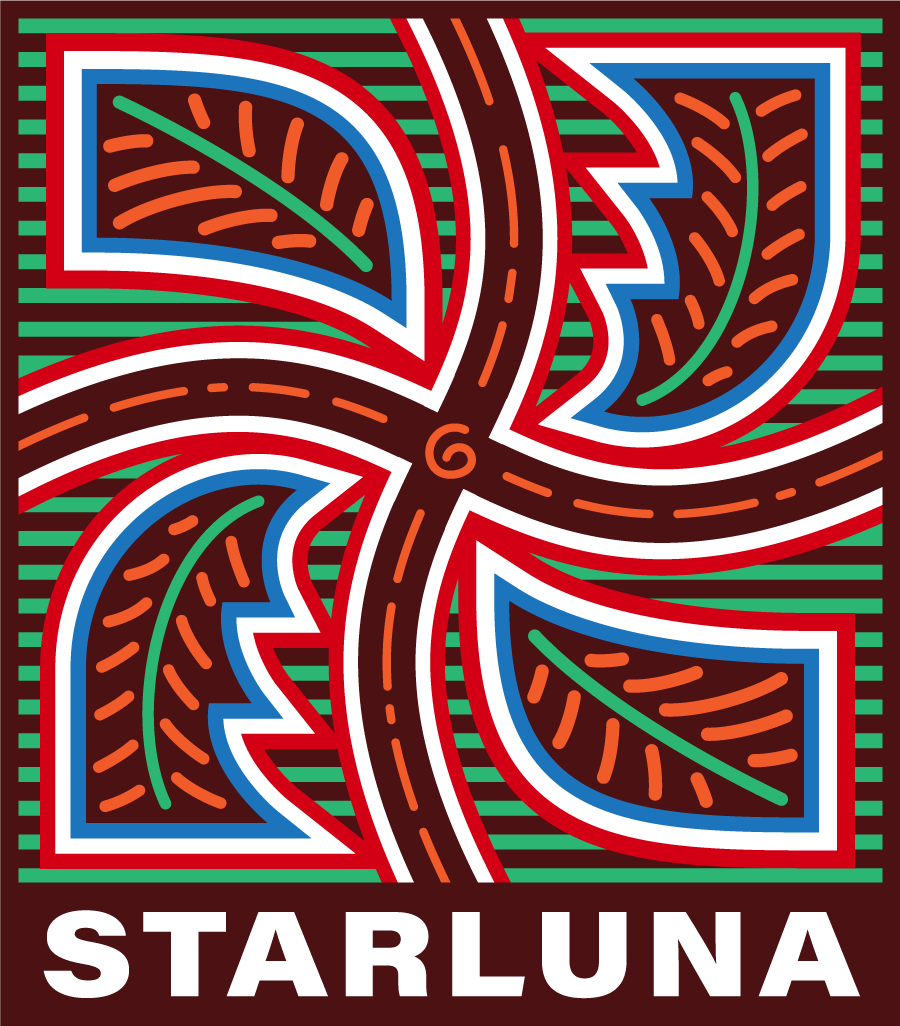July 12, 2021

On July 12, 2021, I gave testimony making the argument that the neighborhood of East Boston is a community of interest that should be kept intact during the redistricting process. Below is my testimony.
Hello. I am Dr. Neenah Estrella-Luna. I am a member of the root council for Neighbors United for a Better East Boston (aka NUBE) and a co-facilitator of Mutual Aid Eastie. I am also a social equity consultant providing research, education, and other services on a variety of equity issues. I am currently working with the Resilient Mystic Collaborative studying the social vulnerability to climate change induced storm impacts for communities in the lower Mystic River area, many of which are in District 7.
I am here to argue that East Boston, as a specific and well defined neighborhood of Boston, be kept intact in the redistricting process. We are a community of interest for many reasons but the one I will focus on here: climate change induced flooding.
The East Boston that we know today was created by making land to knit 5 islands together. In doing so, water and wetlands that could have been used as a buffer to sea level rise was taken to create Boston Logan International airport. People’s homes were also taken to create highways and tunnels to serve Whiter and wealthier communities in the northern suburbs, tunnels that will be rendered useless by the next 100 year storm.
East Boston is almost entirely surrounded by water, which makes us vulnerable to increased flooding from both storm surge as the seas continue to rise as well as inland flooding from increased precipitation. We’re talking about flooding at levels this neighborhood has rarely seen. And in fact, some of my neighbors who’ve lived in their homes for 2-3 generations are experiencing flooded basements for the first time, as storms have already become more intense and more frequent.
East Boston has historically been and continues to be a mostly working class immigrant neighborhood. It is also true that our neighborhood is beginning to see some change. Due to speculative development occurring on our waterfront, we have a different kind of migrant – students and young professionals migrating from different parts of the country and the world are now moving into the neighborhood and into the most vulnerable areas. These folks tend to be more mobile, tend to have more wealth, and tend to be Whiter than our traditional neighbors. They are, nevertheless, just as vulnerable as everyone else in the neighborhood. Indeed, they may even be more vulnerable because of the lack of social ties and community connection that create true resilience an issue that NUBE and Mutual Aid Eastie saw during the pandemic. Climate change puts every single resident of East Boston at risk regardless of race, wealth, citizenship status, or level of education.
On this and many other issues that have already spoken to by my fellow panelists, East Boston as a whole is a community of interest.
We share this risk with our closest neighbor, the City of Chelsea. While my primary argument is to keep East Boston intact within Congressional District 7, it is also important that we share the district with Chelsea given our many shared populations, challenges, and risks. Thank you for the opportunity to speak and am happy to be available to answer any questions you may have.
